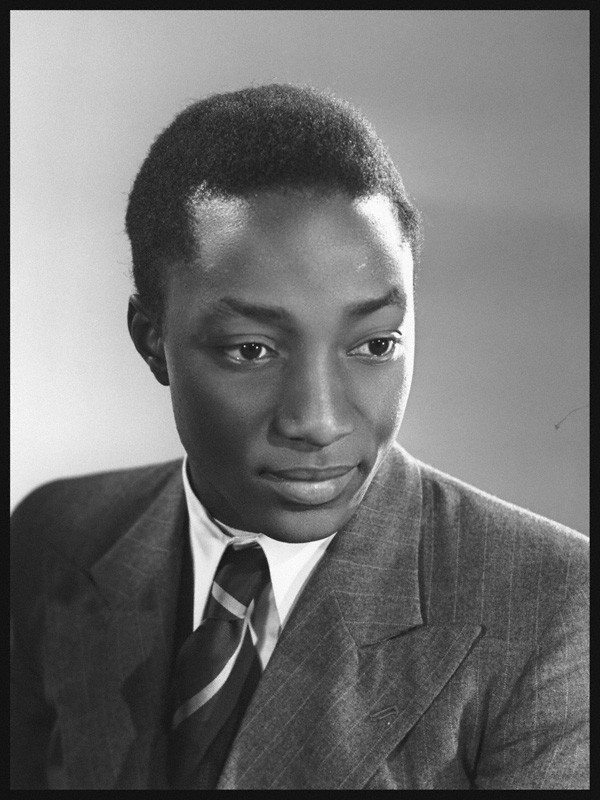Sir Edward Mutesa, Uganda’s first non-Executive President, accused by his Prime Minister, Dr. Obote was the cause of the 1966 Revolution.
Could it really be considered overseas that Uganda’s Chief Executive (Prime Minister) had no right to order a unit of the Security Forces to preserve law and order?
You will observe that this kind of behavior by Ministers was a very strong element in the events which preceded the Revolution and particularly the event of February 4, 1966.
Indeed, failure to act immediately when this tendency started might be said to have contributed greatly and indirectly to the revolution of 1966.
UGANDA:There has been a lot of writing in various newspapers in East Africa, Britain and the USA that we managed to reduce or destroy Bugandaism by using the Army and the Police. The first thing to be considered in analyzing that kind of representation is to compare what we did in 1966 with, for example, what President Kennedy did in Alabama against governor George Wallace. The principle is the same and it is one of whether a national Security Force should be used to preserve law and order and whether the Chief Executive is not the one to take the decision.
Could it really be considered overseas that Uganda’s Chief Executive (Prime Minister) had no right to order a unit of the Security Forces to preserve law and order? I might, as well, ask in the same context whether those who said so expected me, my Ministerial colleagues, and, perhaps, Party members, somehow to arm themselves with rifles to go and fight Mutesa and his group! I would think that the result would have been the same. It would have been represented by our detractors that the Security Forces- the Army and the Police-refused to obey our orders and that we had to take the law into our hands and start a personal fight with the Mengo clique.
President Johnson has been sending troops to Vietnam. He also sent troops to Michigan when there were troubles in that State. He has done both in his capacity as the Chief Executive. In our case it has been represented that it was wrong for the Chief Executive to send troops or to alert the Police when we had troubles. That, of course, is the contradiction, the logic of which is barren but whose cause appears to be that our detractors do not want certain African Governments to maintain law and order, and when such Government maintain law and order, they are subjected to kinds of misrepresentation.
I believe I have indicated sufficiently that myth has been the basis of judgment of Uganda’s affairs by the outside world, particularly the West. This conclusion did not dawn on us yesterday. We have been aware of it for some time. The arrest of Neogy and Mayanja, for instance, is being seen in London, and perhaps elsewhere, within the context of the myth that has been the fundamental element in London’s assessment of our policy and actions. It is, for instance, being reported that we are afraid of intellectuals and that we do not want our policies and actions criticized.
I want to say both as an individual and leader of Government, that the Government of Uganda is not opposed to criticisms of its policies and actions. For the last six years the Government has shown abundantly clear the operations of its policy to allow for maximum discussion of the affairs of the Government, both in print and by words of mouth. From time to time Ministers and I have expressed disagreements, at times, heatedly, with various statements which have been advanced and made about Uganda.
During the State of Emergency in Buganda Region, we did not consider it fitting to order Press censorship. When we proposed the new Constitution in June, 1967, three months passed before the Constitutional Proposals were adopted and during the period, the Proposals were analyzed, criticized and even condemned and not one person was arrested or detained because of views expressed on the Constitutional Proposals.
It is true that during the discussion of the Constitutional Proposals, I had to dismiss one Minister. I took this action not because he had criticized the Proposals; but because as member of the Cabinet, we all spent about nine months in framing the Proposals. At every stage the full Cabinet, without a single dissenting voice, agreed to every single Proposal. That is why the Proposals themselves were published with the title-“The Government Proposals for a New Constitution”. During the framing of the Proposals, there was no reason why the same man as a member of the Cabinet, should not have expressed his disapproval of the proposal either as whole or part of them.
This he did not do, but chose to air contrary views to those which he expressed in Cabinet when he spoke in the National Assembly. You will observe that this kind of behavior by Ministers was a very strong element in the events which preceded the Revolution and particularly the event of February 4, 1966. I was not prepared to allow the country in 1967 to go back to the pre-Revolution days when it became a tendency for Ministers, after having agreed in Cabinet on a particular stand, to turn around and act differently in public. Indeed, failure to act immediately when this tendency started might be said to have contributed greatly and indirectly to the revolution of 1966.
We shall examine why Obote continues to explain actions aganist errant ministers in our next serries.








